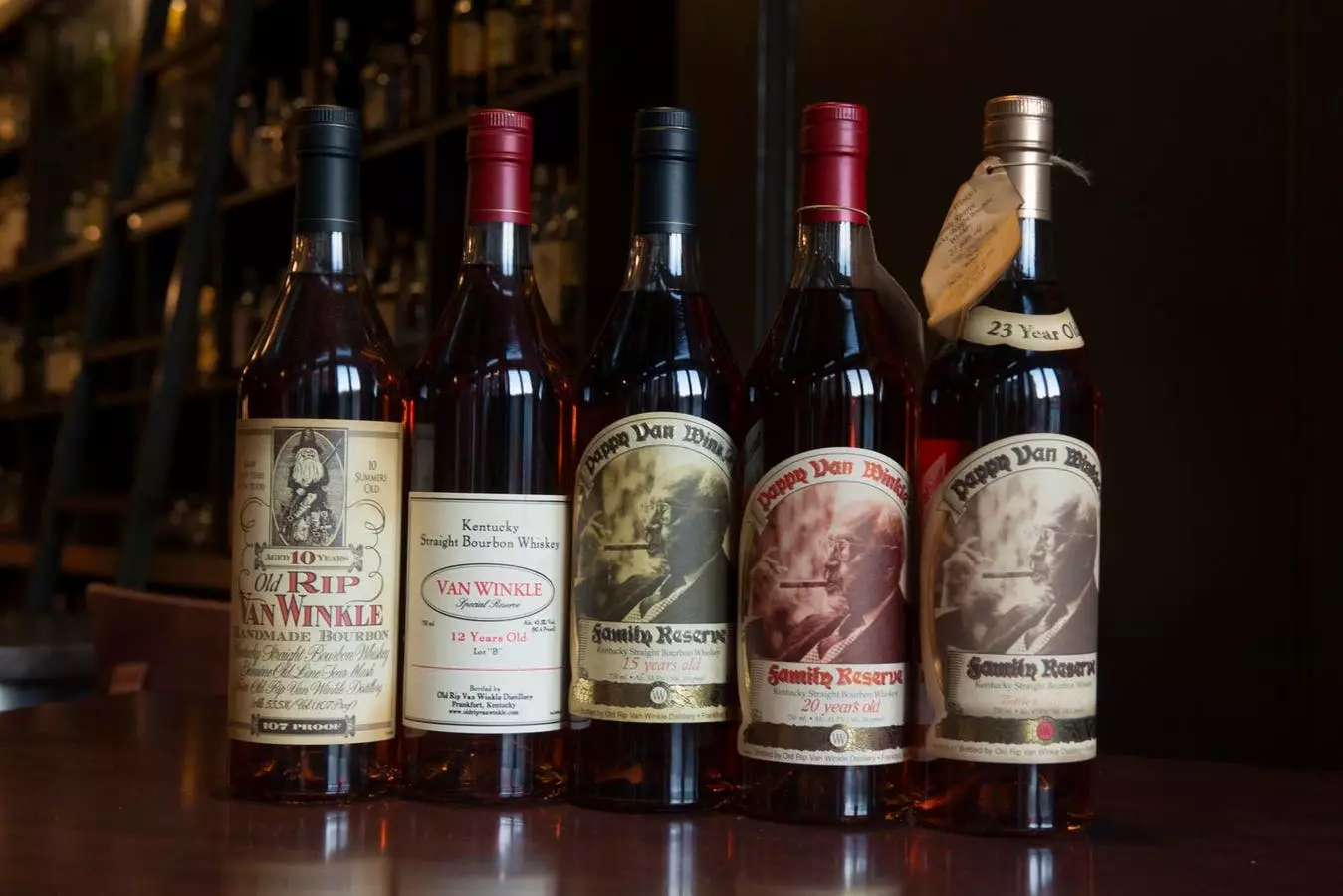Counterfeiting is an extensive issue that affects numerous industries around the globe, leading to staggering losses estimated at approximately $4.5 trillion annually. While the counterfeit market significantly impacts high-value luxury goods like handbags and watches, the consequences of counterfeit products stretch far beyond financial losses. Particularly alarming is the proliferation of counterfeit prescription drugs, which can pose grave health risks. However, in the context of alcohol, counterfeit spirits, especially bourbon, present a unique problem that combines the allure of high-end liquor with the dangers of deception.
Bourbon, a spirit uniquely tied to the rich cultural heritage of the United States, has surged in popularity in recent years, with sales hitting an impressive $5.1 billion in 2022. This iconic American drink has not only captured the attention of connoisseurs but has also attracted a broader demographic, including younger drinkers and women, thereby expanding its market presence. The rise in bourbon’s popularity has led to a heightened demand for premium brands, notably sought-after labels like Pappy Van Winkle, which can command prices upwards of $5,000 on the secondary market.
The Appeal of Bourbon and the Counterfeit Threat
As bourbons like Pappy Van Winkle become coveted symbols of prestige, the dark side of this demand emerges—counterfeiting. Scammers adeptly exploit the allure of these high-end brands by selling fake bourbons to unsuspecting consumers. Often, these fraudsters will purchase empty bottles of genuine high-end bourbons, refill them with inferior whiskey, and market the counterfeit products at attractive prices online. Social media platforms such as Facebook and Instagram, along with various online marketplaces, serve as ideal venues for these deceptive sales.
The risks extend beyond casual consumers to legitimate liquor stores, where counterfeit bourbons may infiltrate inventory unnoticed. A notable instance of this occurred in 2021 when the investigative journalism program “Inside Edition” revealed the underbelly of this fraud. They purchased a bottle of Col. E. H. Taylor Four Grain Bourbon from a reputable wine shop in New York, only to discover that the bottle, while genuine, contained subpar bourbon. Such revelations are a chilling reminder of the potential for deception within even the most esteemed retail environments.
Identifying Counterfeit Bourbon: A Consumer Guide
For consumers passionate about bourbon, it is critical to remain vigilant against falling victim to fraud. One of the primary red flags to watch for is the availability of overpriced bourbons from websites that claim to ship to every state in the U.S. Not all states permit the shipment of alcoholic beverages, so any retailer making such guarantees is likely operating a scam.
Additionally, utilizing tools like the Google Safe Browsing Transparency Report can help consumers assess the authenticity of an online retailer. Although this service may not be foolproof for identifying liquor-specific scams, it can provide valuable insights into the reliability of a website.
It is crucial to remember that if a deal sounds too good to be true, it most likely is. This adage rings particularly true in the world of premium bourbons, where the financial stakes are higher, and the allure of exclusivity is irresistible.
As a bourbon enthusiast myself, I can attest to the allure of sampling exclusive and high-quality spirits. Although I’ve had the privilege of tasting Pappy Van Winkle, I often find equal joy in exploring its less expensive counterparts. Bourbon consumption is about appreciating craftsmanship and flavor nuances, and as the market continues to burgeon, consumers must navigate the hazards of counterfeiting with caution. The joy of bourbon should not be marred by the risks of deceit; hence, staying informed and cautious in the purchasing process is essential for every bourbon lover.


Leave a Reply